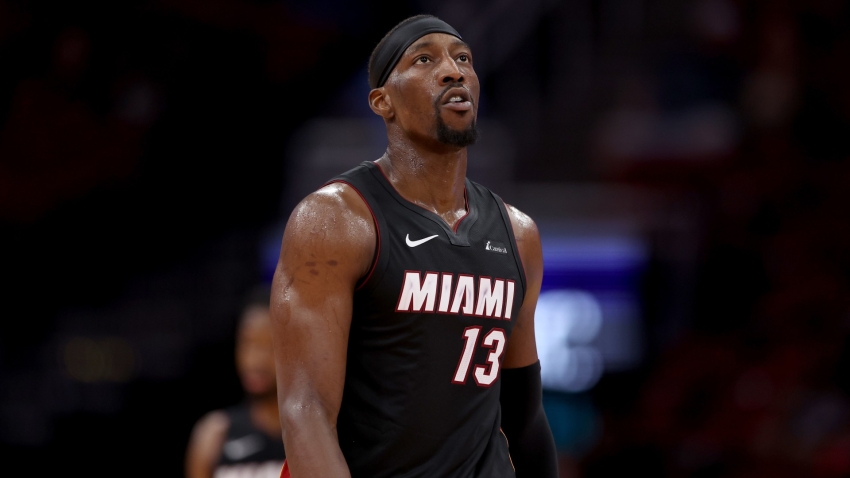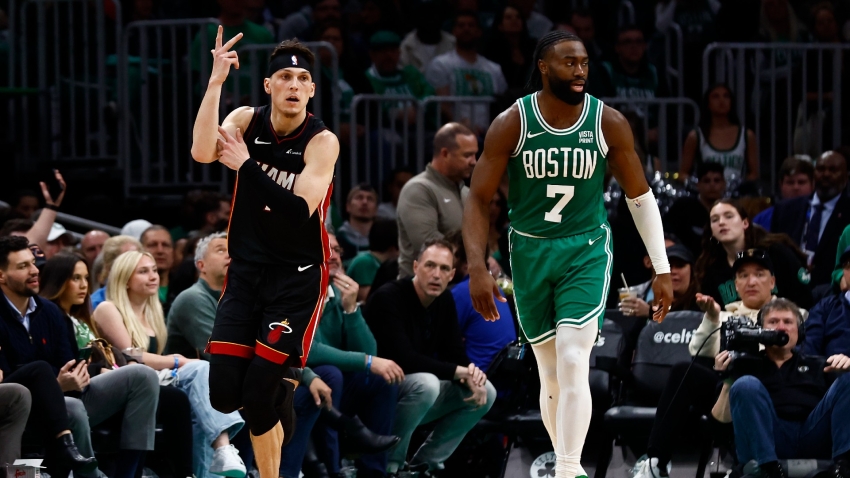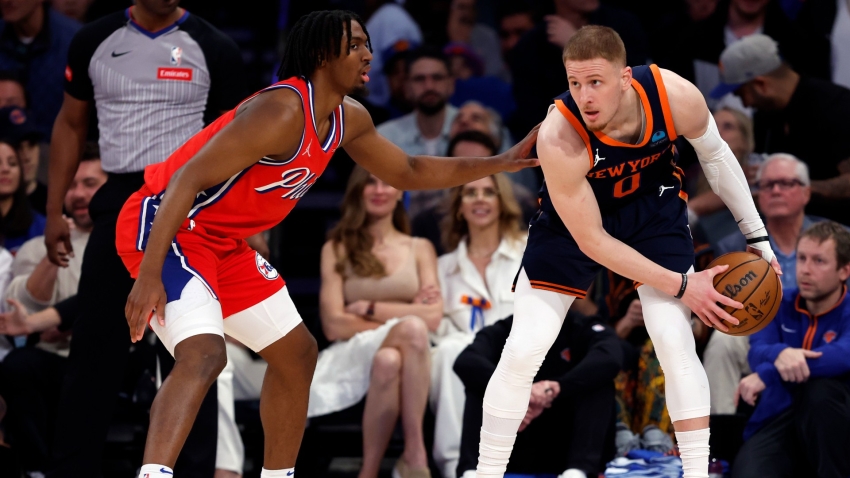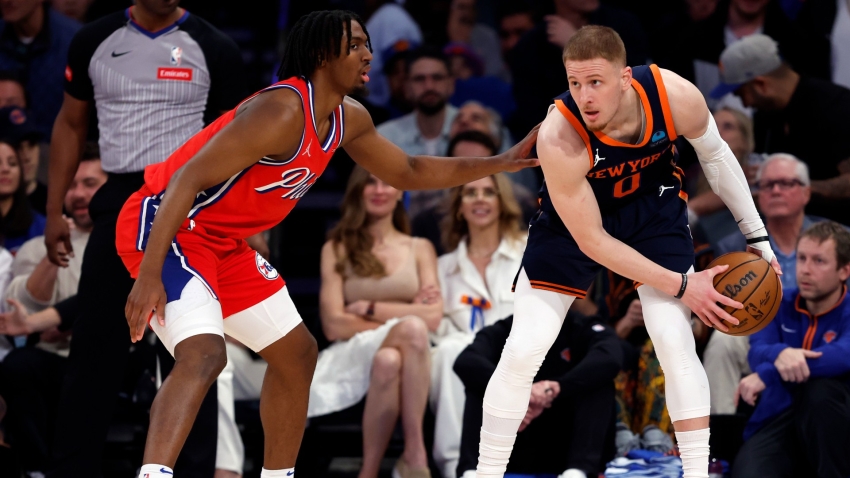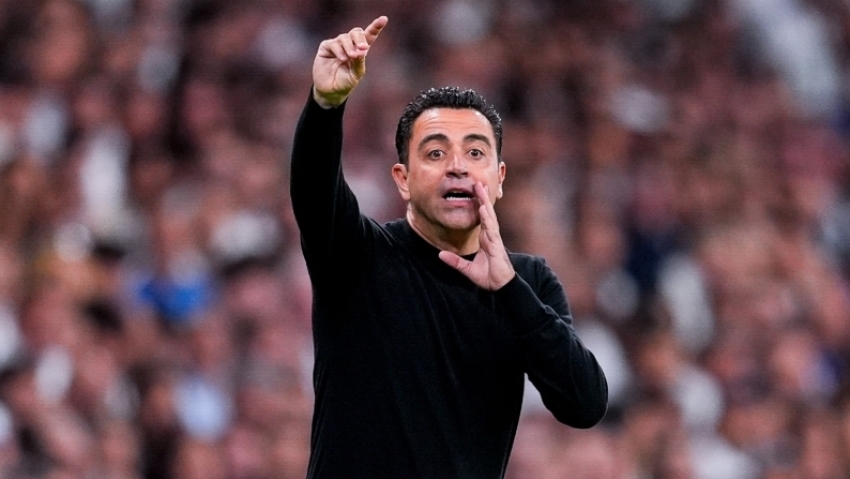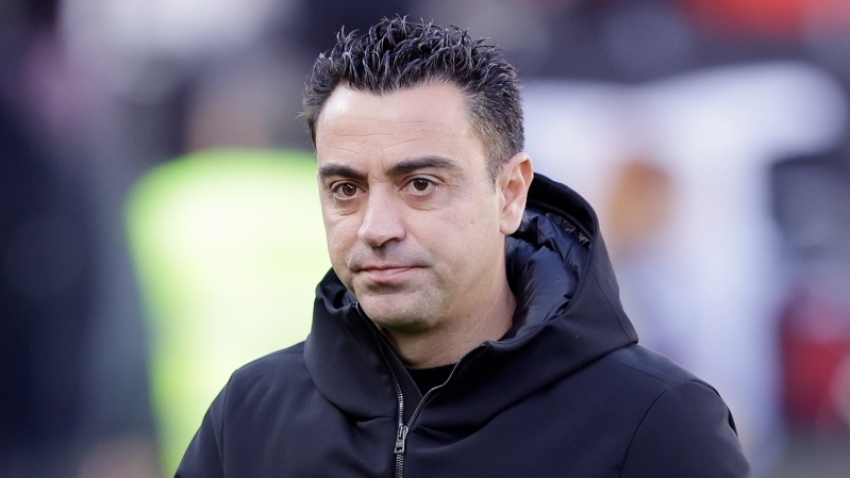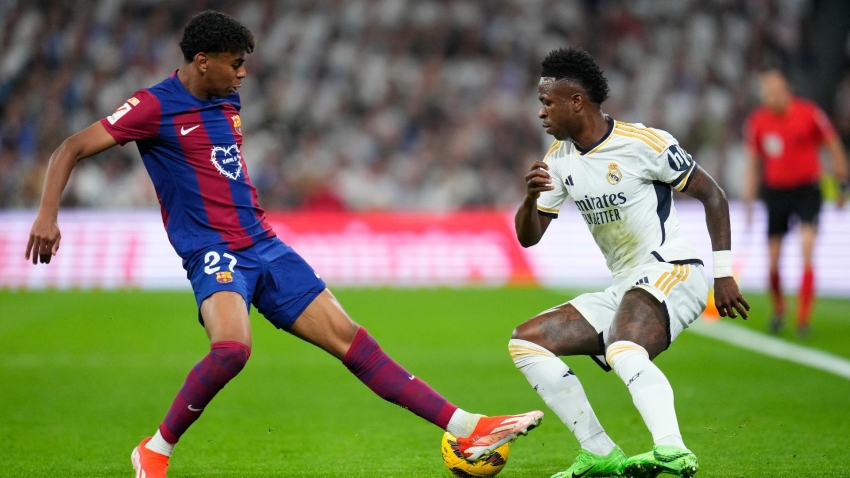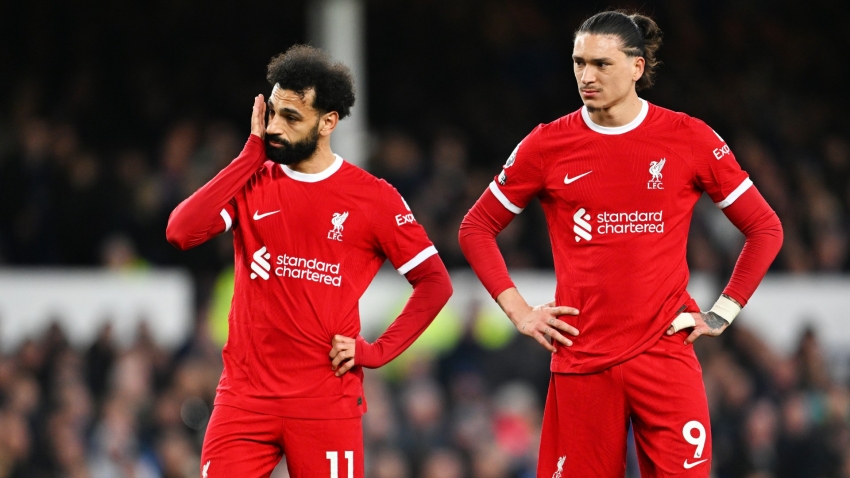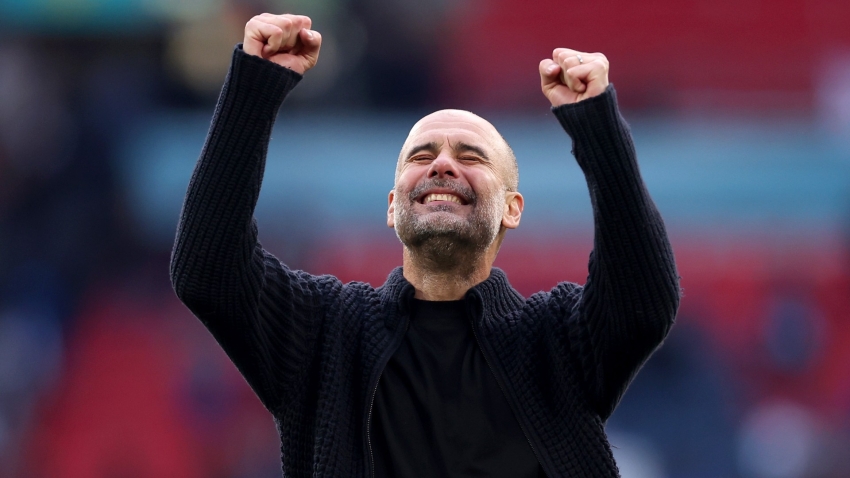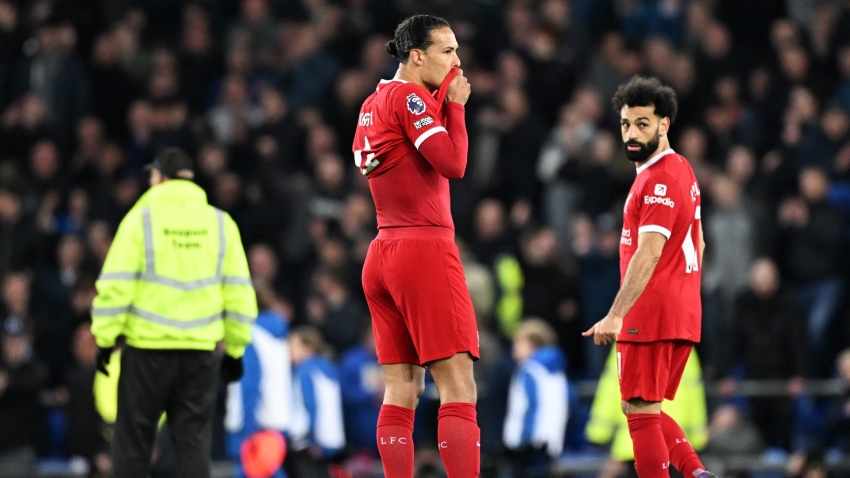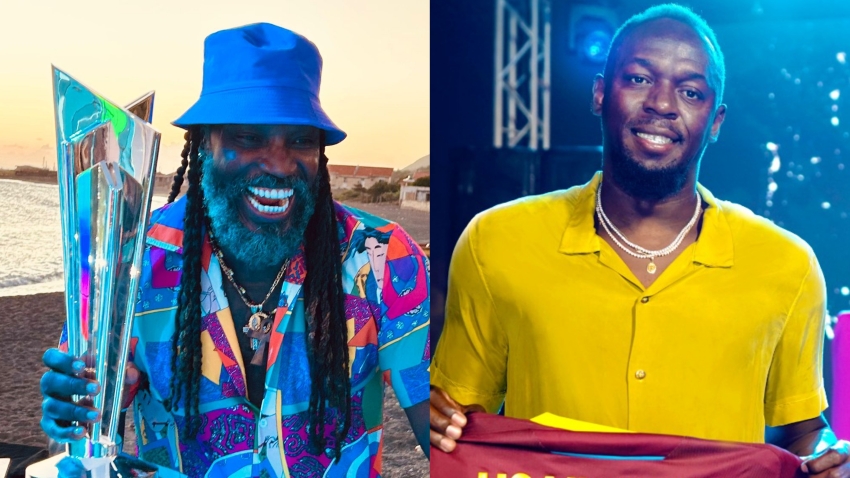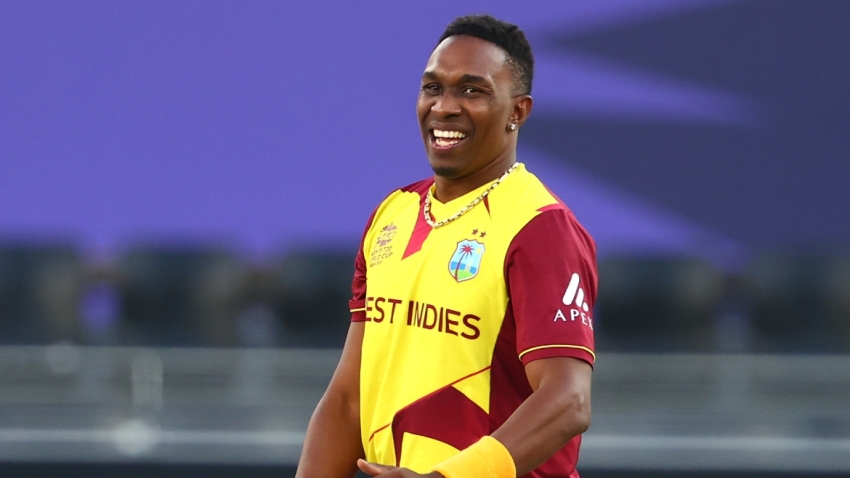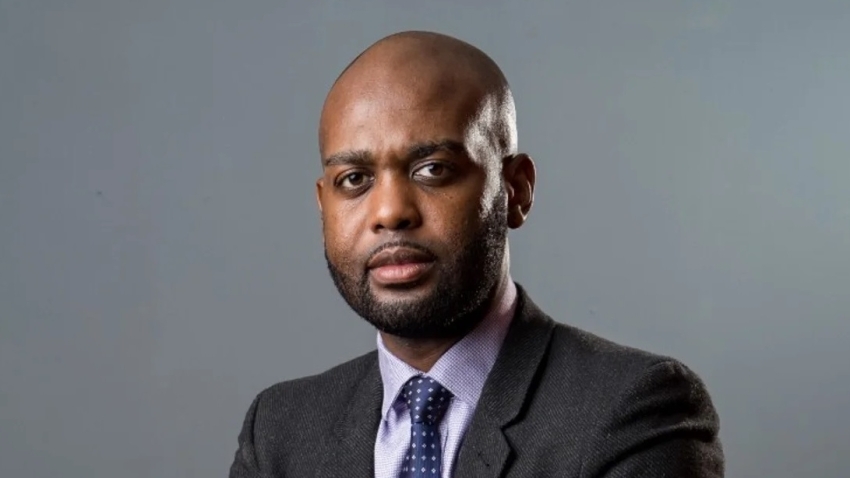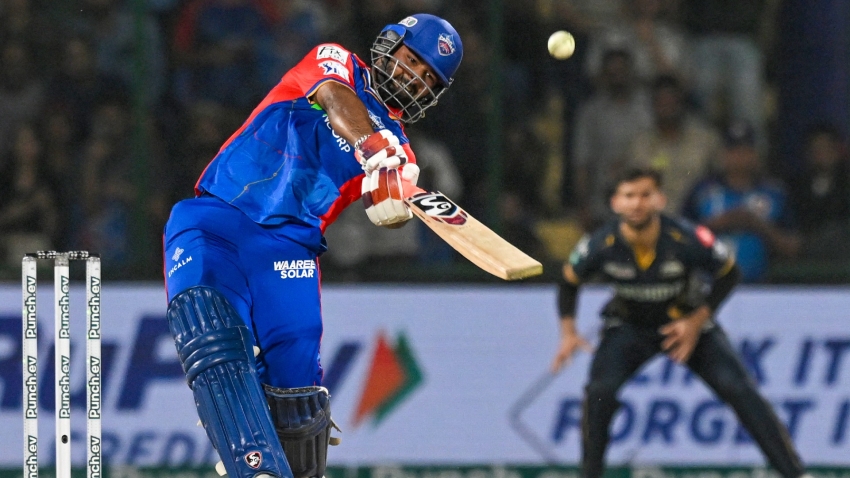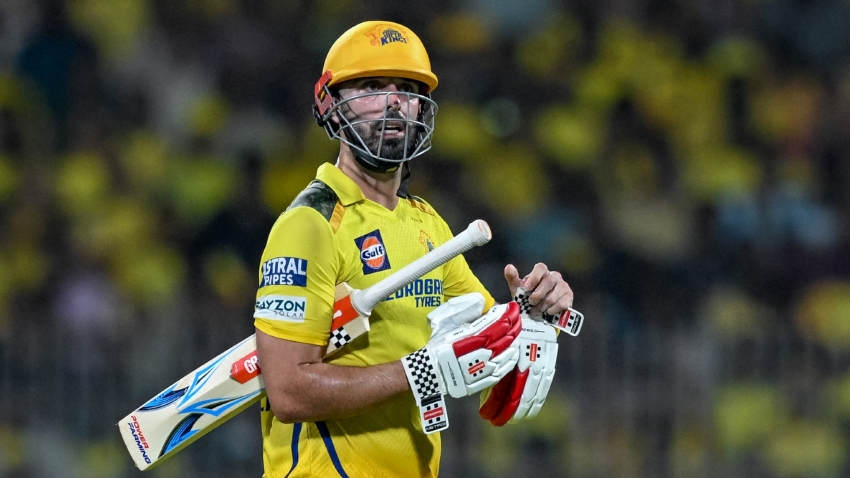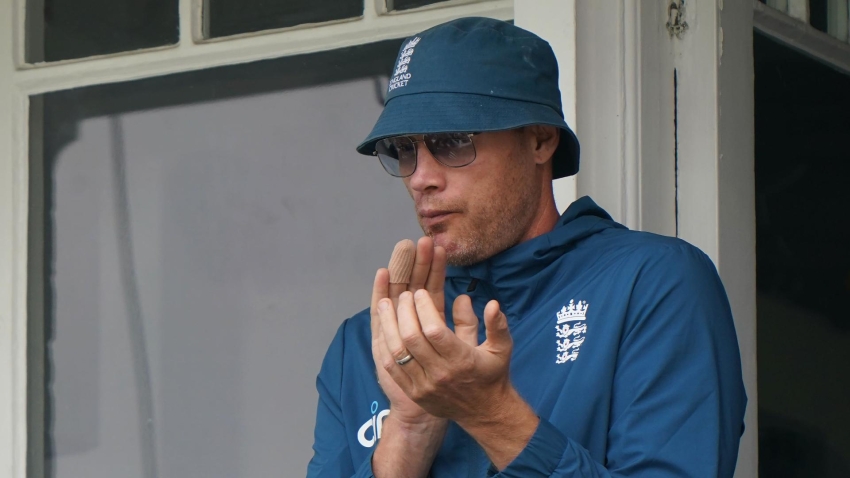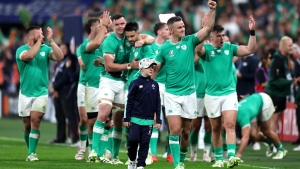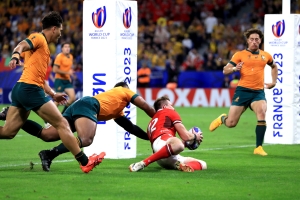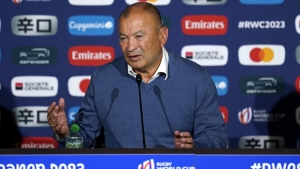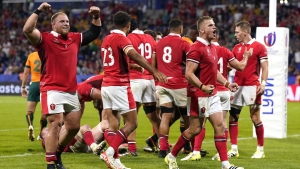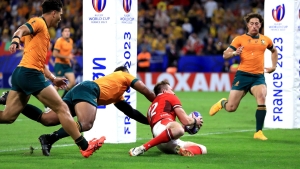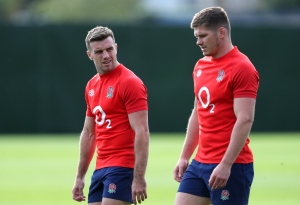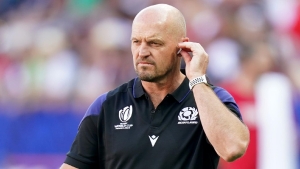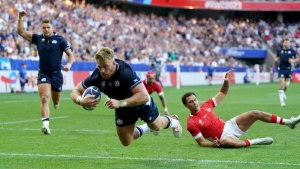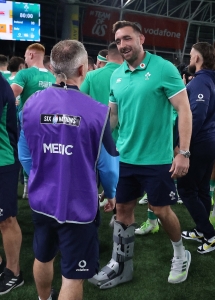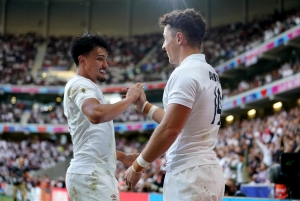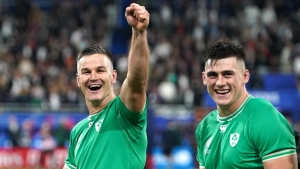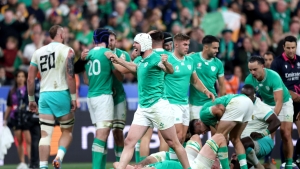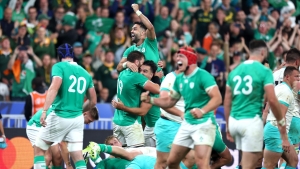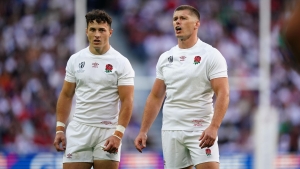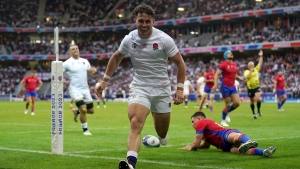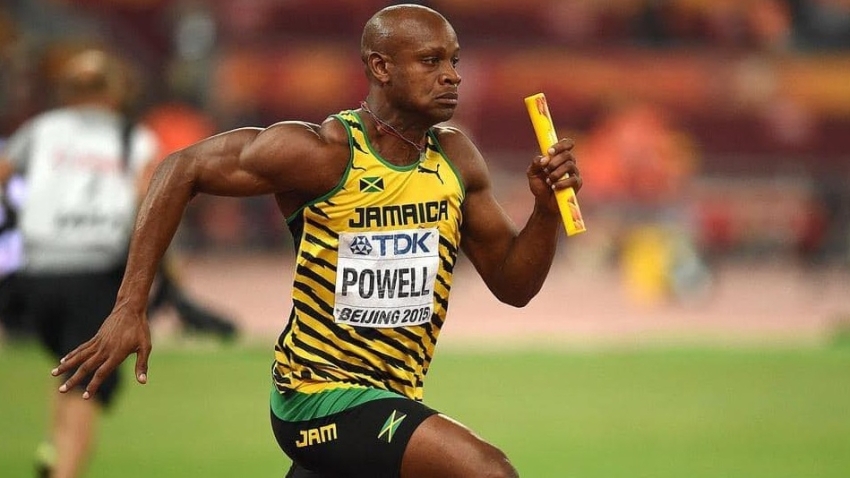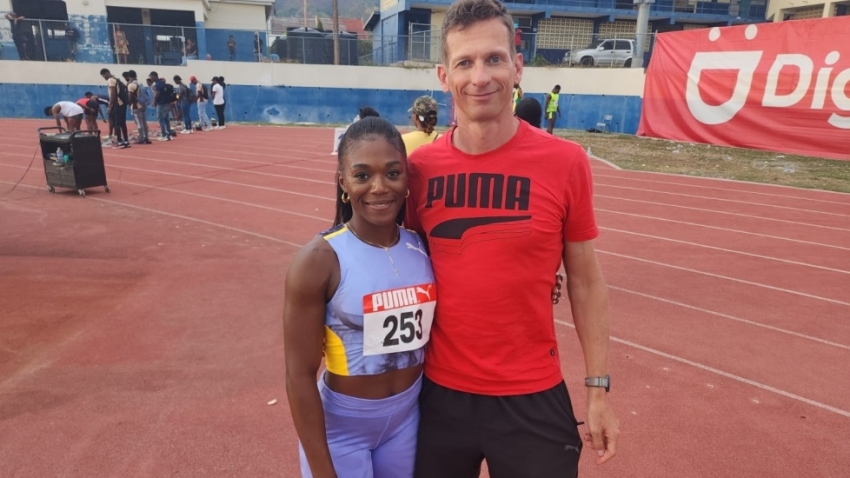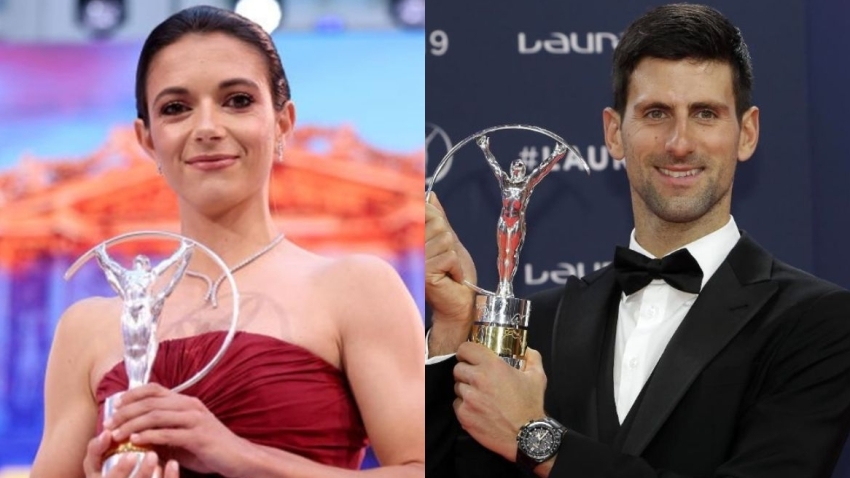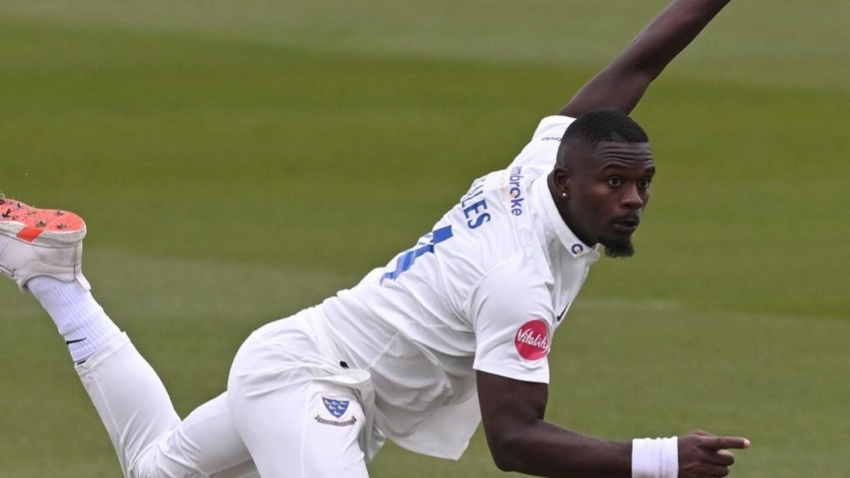Dominant Wales booked a place in the Rugby World Cup quarter-finals after crushing Australia 40-6 and leaving Eddie Jones’ team close to pool-stage elimination.
A third successive Pool C victory sent Wales into the last-eight for a fourth successive World Cup under head coach Warren Gatland.
They are guaranteed to top the group if they defeat Georgia next month, setting up a likely quarter-final clash against Argentina in Marseille.
Wales overcame the early loss of injured fly-half Dan Biggar to boss Australia in every key department and coast home through tries from scrum-half Gareth Davies, centre Nick Tompkins and captain Jac Morgan, while Biggar, who kicked an early conversion, saw his replacement Gareth Anscombe boot 23 points.
It was Wales’ record win against Australia, overtaking a 25-point margin in 1975, and former England boss Jones will be left to face the music as the Wallabies lurch towards World Cup oblivion.
The Wallabies boss said on Friday he had no doubt Australia would win the game, yet Wales rammed those words down his throat, with two Ben Donaldson penalties Australia’s only scoring acts.
It was an outstanding display by Gatland’s team as they delivered the goods through a performance that bristled with confidence, power and accuracy.
Gatland named the team that accounted for Fiji in their World Cup opener, with lock Adam Beard winning his 50th cap in a line-up skippered by flanker Morgan.
Australia showed three changes from the side beaten by Fiji last weekend as full-back Andrew Kellaway, scrum-half Tate McDermott and flanker Robert Leota were all handed starts.
Wales blasted out of the blocks and were ahead after just three minutes when Morgan broke through in midfield and Davies ran a brilliant supporting line before gathering the pass and diving over.
Biggar converted, with Wales asking immediate questions of Australia’s confidence.
The Wallabies then responded through a concerted spell of pressure inside Wales’ 22, before Biggar took a blow and required treatment and Donaldson kicked a short-range penalty that made it 7-3.
Biggar could not shake off what appeared to be a shoulder problem, being forced to leave the pitch after just 12 minutes and replaced by Anscombe.
A second Donaldson penalty cut the gap to a point as the Wallabies fought for their World Cup lives.
Anscombe hit the post with a 19th-minute penalty, but he made no mistake off the tee just two minutes later as Wales moved 10-6 ahead.
It was a fast and furious contest, and Wales had to defend resiliently at times as Australia utilised powerful back-row runners Leota and Rob Valetini.
Anscombe’s second successful penalty 12 minutes before half-time opened up a seven-point gap, and then he completed a hat-trick before Wales attacked from halfway and almost breached Australia’s defence through wing Louis Rees-Zammit.
Wales took a 10-point lead into the interval, and they were good value as the prize of a quarter-final place drew closer.
Wales extended their advantage just two minutes into the second period when Australia conceded a scrum penalty and Anscombe duly obliged with three points.
The Wallabies’ lineout also started to go astray, and Wales were turning the screw through a dominant pack superbly marshalled by Morgan and lock Will Rowlands.
And they claimed a second try after 48 minutes when Anscombe’s pinpoint chip over the top of Australia’s defensive line led to Tompkins touching down, with Anscombe converting to leave the Wallabies 26-6 adrift.
Two more Anscombe penalties took Wales past 30 points, and they were now almost toying with their hapless opponents.
Australia had no answer in the set-piece area, with Jones being loudly booed each time he appeared on the stadium’s giant screens.
Gatland was able to ring the changes with his team in so much control, and Anscombe dropped a goal 10 minutes from time that rubbed salt into gaping Australian wounds.
Wales fans were jubilant, and Morgan scored try number three from a driven lineout as Gatland’s men cruised to a remarkable landslide triumph.


